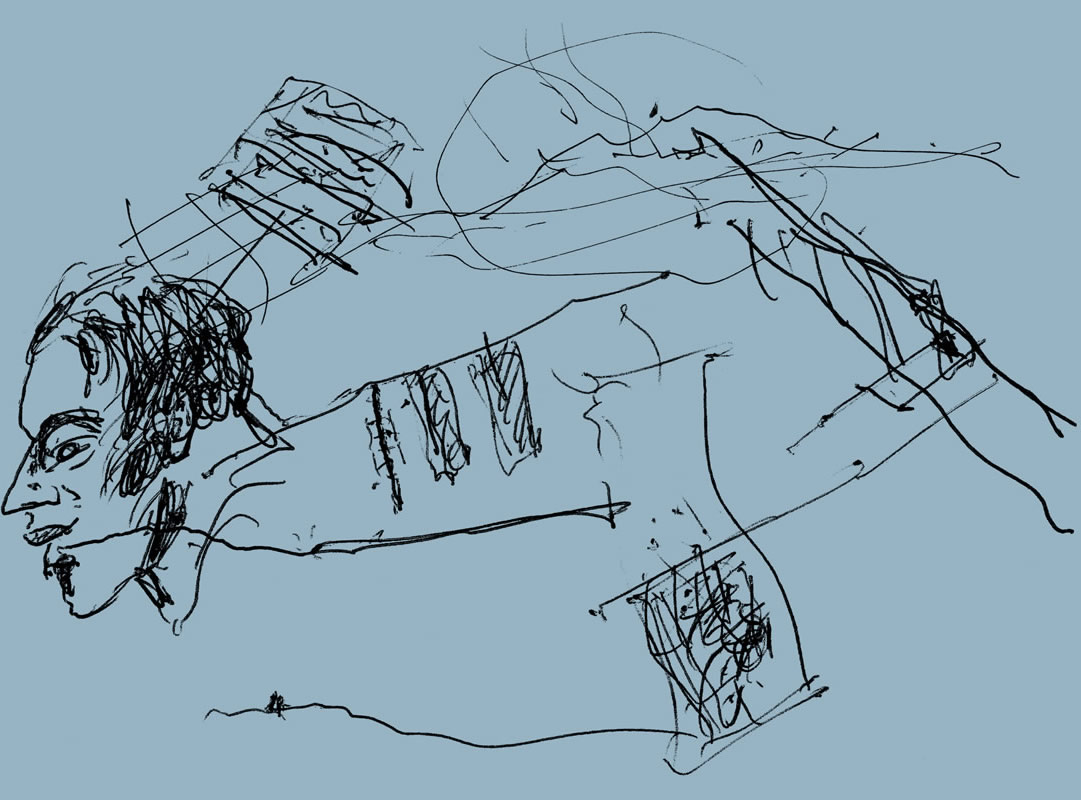Whiteread’s architecture autre interrogates the psychic response to space
Author Archives: Anthony Vidler
Etienne Louis Boullée (1728-1799)
No amount of careful philology will ever fully explain Boulleé’s extraordinary dream or evocative influence
The return of suburbia
A lavish collection of micro studies provides a careful and critical set of precedents for understanding the growth of the modern city’s ever-expanding periphery
Troubles in Theory VI: from Utopia to Heterotopia
The sixth instalment in the series turns to the theory of ‘space’ as it was reinterpreted from its Modernist origins to serve political analysis and practice, and focuses on the work and influence of Michel Foucault
After the Event: Bernard Tschumi Retrospective at the Pompidou Centre
The recent retrospective on Bernard Tschumi at the Pompidou Centre provided a compelling analysis of a career spanning over 45 years - and ultimately reveals the architect’s unique integration of theory and practice
Ancient Wisdom and Modern Knowhow
This scholar’s evident love for buildings is beautifully conveyed to his readers
Troubles in Theory V: the Brutalist moment(s)
From the Smithsons’ claim to have originally coined the term, to its alleged incarnation in the béton brut of Le Corbusier’s Unités, the provenance of New Brutalism, seen as a corrective to ‘soft’ Modernism, is as problematic as what it stood for: ethic or aesthetic?
Building Seagram: A Memoir of Mies and Modernism
Phyllis Lambertʼs compelling and incisive account of the commissioning, design and construction of the Seagram Building is both a critical history and personal memoir of a pivotal moment in architecture
Troubles in Theory IV: the social side
Techno-fetishists may have argued for a scientifically determined architecture in the ’60s and ’70s, but at the same time more politically engaged voices were calling for the reinterpretation of space as an arena for the lived experiences of the everyday
The Story of the World
A deeply researched and comprehensive work by Jacques Lucan, Composition, Non-Composition examines the history of the word in terms of architectural formulation
 The Architectural Review An online and print magazine about international design. Since 1896.
The Architectural Review An online and print magazine about international design. Since 1896.











